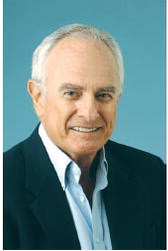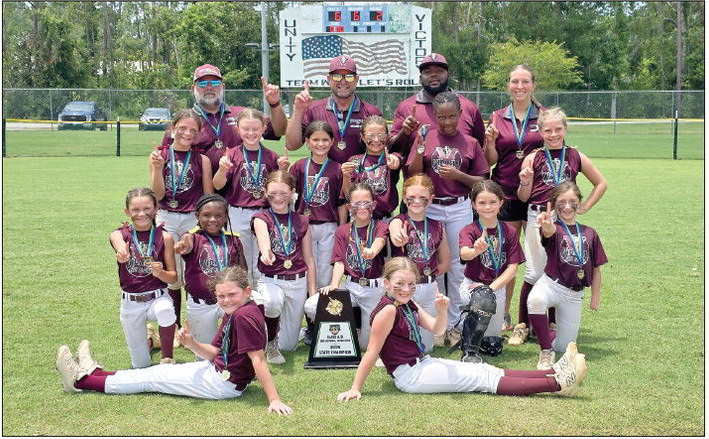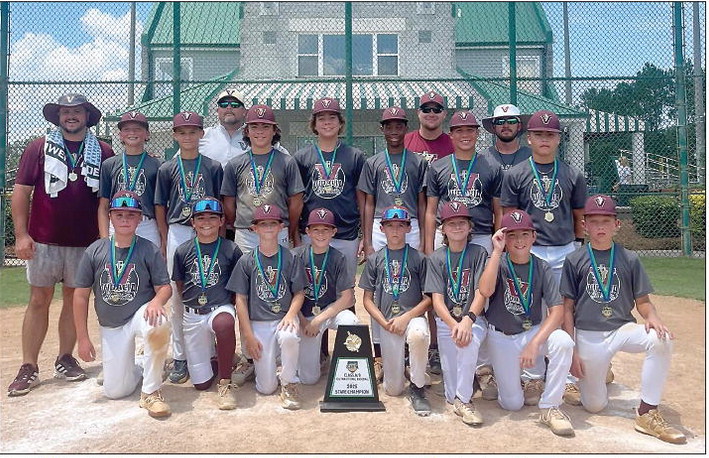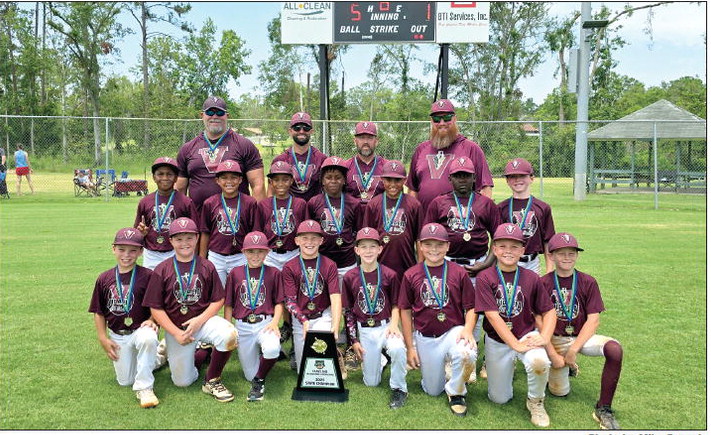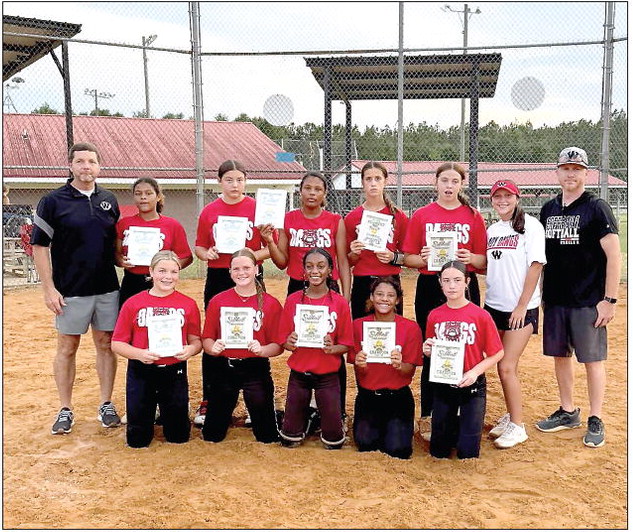Smith
Loran
Spring Practice
In the sixties, a northern newspaper sent its leading reporter to Austin, Texas, in the heyday of Darrell Royal’s winning three national championships, to examine the culture of football at one of the leading state universities in the country. The writer was overwhelmed and mesmerized by the popularity of Longhorn football and exclaimed to Texas’ longtime sports information director, Jones Ramsey, “Is there any sport in Texas other than football!” Ramsey replied, “Why yes, we have spring football.”
As popular as the game was in that era, I wonder if it hasn’t gone up a notch or two since that time. In places such as Tuscaloosa, College Station, Baton Rouge, Columbus (Ohio) and Athens. That certainly is not a definitive list. I can only speak about Athens. While I was not in the seat beside him when Bulldog coach Kirby Smart flew home from Indianapolis, I know he already had on a new cap. It was not his national championship cap, but the “2022 Preparation” cap. He was already thinking about the next season.
For years, the Georgia Athletic Coaches Association hosted a post season awards luncheon in Macon in February for all the high school coaches who won region and state championships. The executive director invited college coaches in the Southeast to participate. That included Nick Saban and Alabama.
You offer congratulations to him on Alabama’s season, even when the Tide had won a national championship, and he would come with disclaimers. He would lament the loss of personnel; he would make a mild fuss about how winning a championship unfortunately took away from time to recruit. That is how tough it is to remain current when it comes to running a top program in college football today. I can remember a conversation with Joel Eaves, when he first became Georgia’s athletic director about athletic salaries. Compensation was nothing like it is currently, but he noted that one advantage coaches had was that they had the summer off. They could paint the garage or plant a garden or go fishing at some distant address.
There is no off season in college football coaching today. You can take time off if you like, but the competition will likely remind you at the final whistle in the fall that taking time off is the easiest way to get a pink slip. In the fifties, across the U. S., the leading coaches often were the athletic directors. That would have included Bear continued from page
Bryant at Alabama, Bobby Dodd at Georgia Tech, Johnny Vaught at Ole Miss, Robert Neyland at Tennessee and later on, Vince Dooley at Georgia.
Originally, combining those two jobs was driven by economics, but football was so dominant, even in the past, that meant a measure of control was involved. The AD would have a job whenever he gave up coaching, but it also meant he didn’t have to answer to anyone but the president.
Further, in those less intense times, many coaches had other assignments within the athletic setup. Often, they coached other sports. When Shug Jordon joined the Georgia football staff in 1946, he was the football line coach and head basketball coach. Jim Whatley, also a line coach, coached baseball and basketball. It would be superfluous to say men’s basketball since it was unthinkable that women would engage in intercollegiate competition.
In the Vaught era at Ole Miss, the Rebels, as they were then known, football on the other side of the conference was about as neat and tidy as it could be.
Vaught and his staff were pretty much a closed society. They had the recruiting advantage in the state and were the first choice of most of the leading athletes in the Memphis area. Ole Miss always had abundant talent in the Vaught era.
Recruiting was finished by early December which was followed by a bowl game. That meant that the Ole Miss coaches, starting the first week in January, could go quail hunting. Even in the fall, it was not uncommon for them to hunt doves in early morning and get to the office to start game planning by 8:00 a.m. When spring weather emerged, they played golf, which was a daily option, until Labor Day when football practice began. Coaches in that era did not make the money you read about today, but it was a good life, so orderly and laid back. Without question, this was the best of times. The game is no longer regional. It has become a national game, which is why a kid such as Brock Bowers would choose to move completely across the country to play college football. Nobody knows where the game is headed with all the external issues coming about, but football remains the greatest of games. As a traditionalist, I am not sure the playoffs, as exciting as they have become, are good for the game long term. Only a handful of schools can ever expect to participate.
If you are a Georgia fan, especially if you are given to carping when little things bother you, you ought to cease and desist and thank your lucky stars that Kirby Smart is the incumbent coach in Athens. Most soothsayers expect him to enjoy a continued presence in the playoffs.
He is a Dawg who can
hunt.



